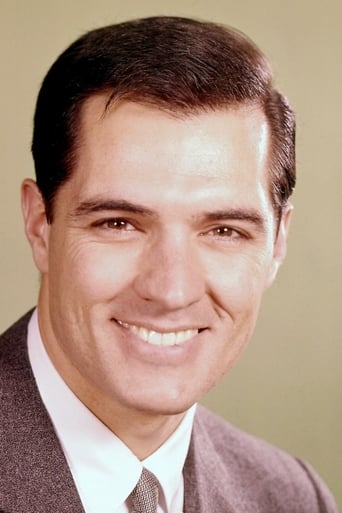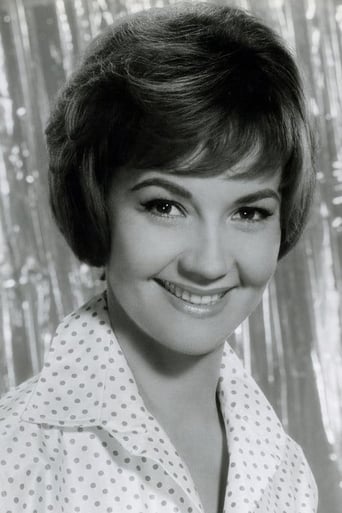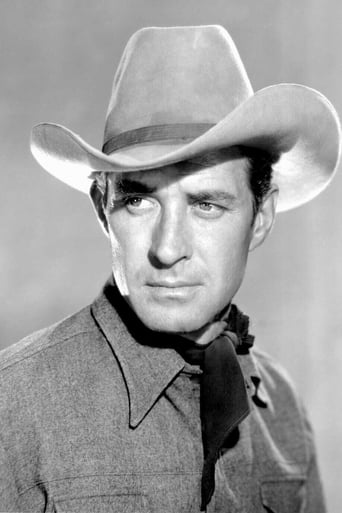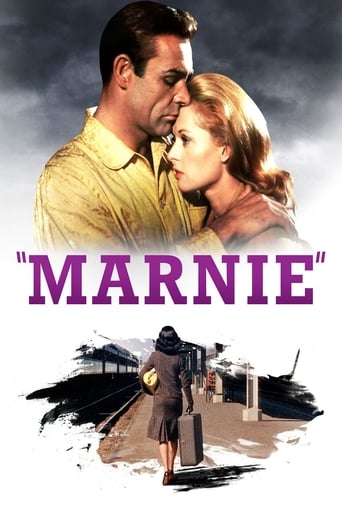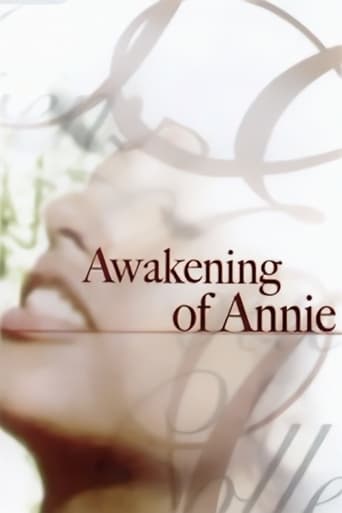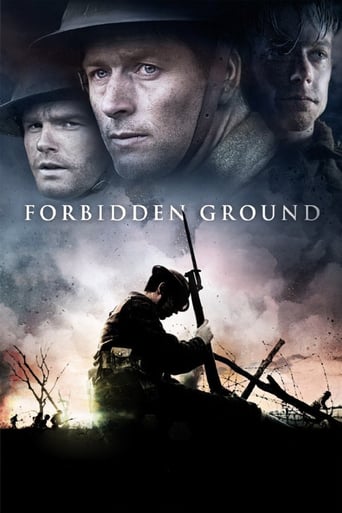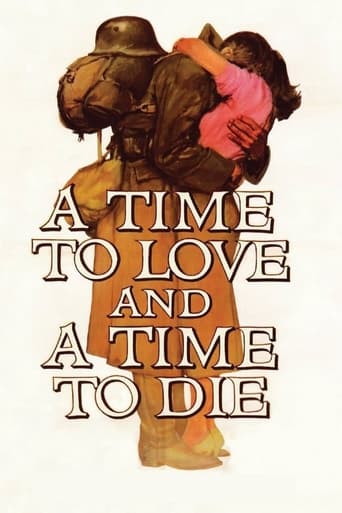
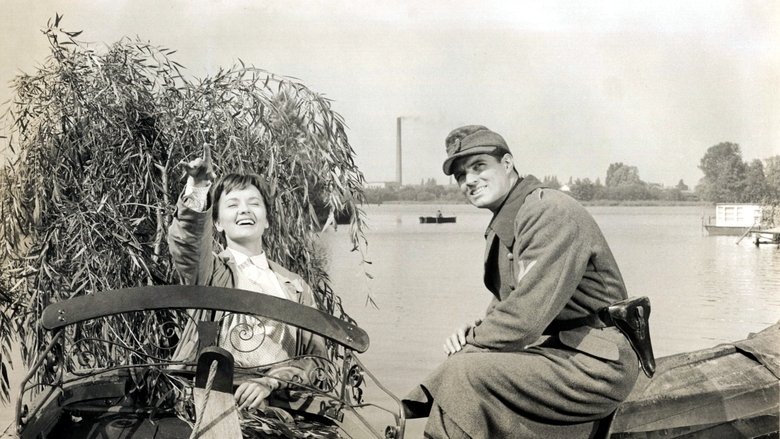
A Time to Love and a Time to Die (1958)
A German soldier home on leave falls in love with a girl, then returns to World War II.
Watch Trailer
Cast


Similar titles
Reviews
Good start, but then it gets ruined
A Major Disappointment
what a terribly boring film. I'm sorry but this is absolutely not deserving of best picture and will be forgotten quickly. Entertaining and engaging cinema? No. Nothing performances with flat faces and mistaking silence for subtlety.
All of these films share one commonality, that being a kind of emotional center that humanizes a cast of monsters.
Douglas Sirk's excellent war drama is unfortunately not as well-known as his luridly coloured 50's melodramas "Written On The Wind, "All That Heaven Allows" etc. That's too bad, because it deserves to be, and is one of the best films of it's type. It tells a harrowing, yet hopeful story. The German Army is crumbling in 1944, when war weary John Gavin (suprisingly good) is granted furlough. Hope comes to him through falling in love with a charming girl, Lilo Pulver, whom he kisses by the emerging blossoms next to the river. They marry, and enjoy whatever happiness they can. They revel in it, as you you do, but a gloom hangs over the film. This is also represented by the colour scheme employed by Sirk. Instead of the bright 'Scope of WOTW or ATHA here we have slate greys and smoky blues. His use of mis en scene here is also kind of remarkable, with the grotesque German officer who Gavin visits having what seem to be hundreds of dead trophy animals adorning his walls. Memento's of the dead, perhaps? Remarque wrote the novel, and also appears in the film. Challenging, moving and heartbreaking, with an ending that shocks and angers, yet is also justified.
Re: Shannon Box's ([email protected]) observation: "In short, this is an important film of significant value. Not because it is about history, but because it is about the redeeming quality of humanity, even if displayed in the setting of our onetime enemy." I would change the last of Shannon's statement to BECAUSE it is displayed in the setting of our onetime enemy. I saw this film shortly after it was released, in a theater on a USArmy post in Munich, Germany (McGraw Kaserne). At that time I was a student, especially of German history. This film provided an opportunity to be transported, for a few hours, into that closed society that our German friends had lived through but could not adequately convey to us. For those who enjoyed this film I would recommend reading "The Officer Factory" by Hans Helmut Kirst and Betrayed Skies (I have forgotten the author, but that is a first rate but largely unknown German pilot's story of his unwilling part in the air war). In short, this is a modern day All Quiet on the Western Front.
I saw this fabulous tear-jerker purely by accident but I don't regret it one bit. In my opinion it's one of the best romantic war films ever made. This is mainly because the fabulous director Douglas Sirk doesn't allow it to become a soppy schmaltz. Also, the film is incredibly moving, especially in a scene at the beginning where a young man, unable to live with the guilt of having shot a woman, shoots himself. John Gavin is good as Ernst Graeber and his beloved is adequately played by Liselotte Pulver, but the most outstanding performance, I think, is by Charles Régnier as Joseph. If more war films were made like this then they would be much, much more watchable. The credit sequence at the beginning of the film is also very well done. Why don't more people know this masterpiece? Enjoy! (and don't forget the Kleenex) 10/10
The films of Douglas Sirk have been variously described as "masterpieces" and "tosh". I think the answer lies somewhere in between. Certainly the series he made at the peak of his career for Universal International in the 'fifties are romantic melodramas of a superior kind. Although photographed in gaudy chocolate-box colours with soundtracks overladen with scores drenched in aural syrup and with sometimes the most outlandish of plots - "Magnificant Obsession" for instance - they have, beneath their surface glitter, a hard edged observation of an affluent American society struggling to come to grips with moral values - "All that Heaven Allows" and "Imitation of Life" are particularly good examples. But, interesting as these film are, it is the odd man out, a film set not in America at all but in Germany and the eastern front in the closing stages of the Second World War, "A Time to Love and a Time to Die", that, in spite of its not inconsiderable unevenness, could well be his most lasting legacy. Its most striking feature is that, notwithstanding its vastly different territory, it remains a Sirk film stylistically. The director almost seems to be signing his signature with the shot of pink blossom against the opening and closing credits. Although the outer sections of a German unit under shellfire on the eastern front are the very stuff of warscape recreation at their near best, it is the long central passage where the young German soldier - surprisingly well played by John Gavin - returns on leave to his heavily bombed town, that is the most Sirkian. Here, between devastating airaids, the hero forms an idyllic romantic attachment to a vaguely remembered friend from childhood followed by a whirlwind courtship. Amazingly for the last night of his leave the couple find, amidst all the devastation, an untouched house for the consumation of their marriage, where they are tended by a kindly frau who brings them a bottle of wine from the cellar. At this point the airaid is only glimpsed through the window. At an earlier point in the leave the couple dine in an unbelievably stylish restaurant, although here at least Sirk has the honesty to interrupt the proceedings with a pretty devastating direct hit which leaves one diner running is a sea of flames. If I have reservations about some of the romantic trappings of the scenes in Germany, I have none about the intense realism of the scenes on the eastern front. Would that the film was all on this level.


